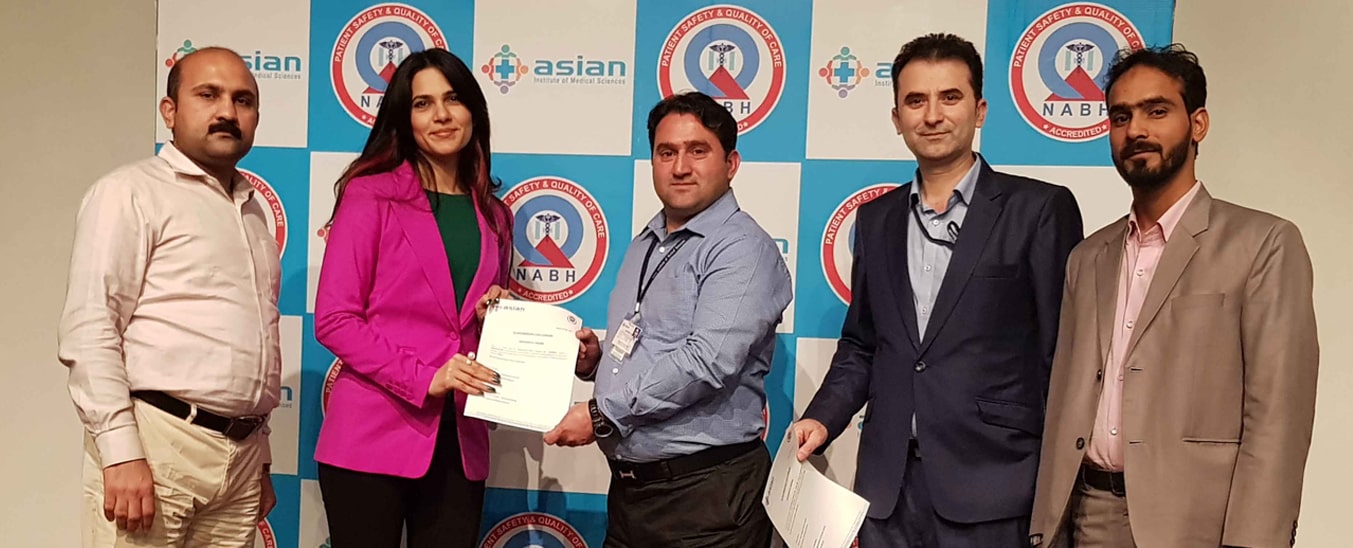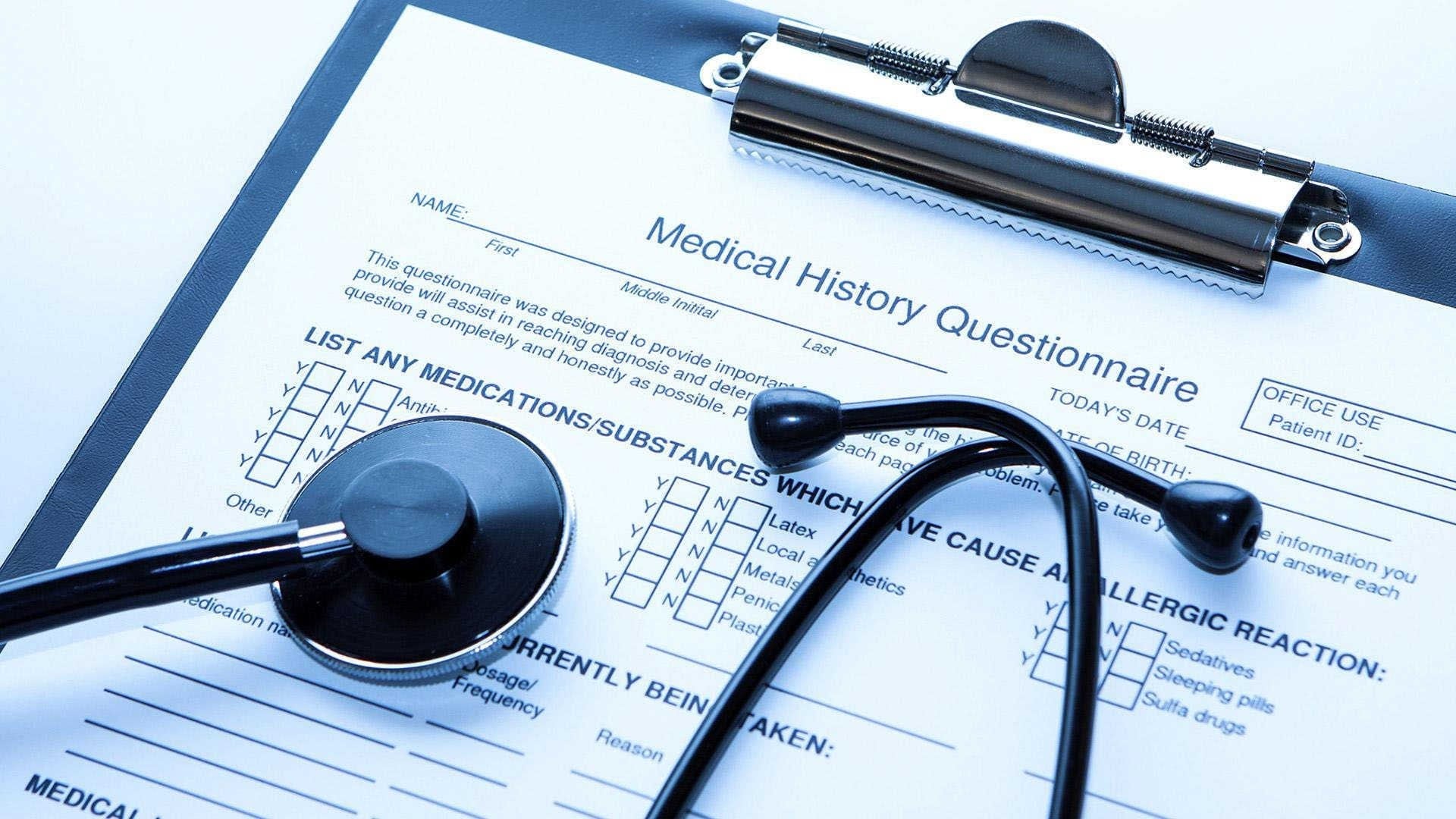Domi - 10

Prokinetic Agents
In a healthy human
esophagus, swallowing induces primary peristalsis. These are the contractions
that move your food down your esophagus and through the rest of your digestive
system. In turn, gastroesophageal reflux provokes a second wave of muscular
contractions that clears the esophagus, pushing food down through the lower
esophageal sphincter (LES) and into the stomach.
However, in some people, the LES either relaxes or opens
spontaneously, allowing stomach contents, including acids, to reenter the
esophagus. This is called acid reflux and may lead to symptoms like heartburn.
Prokinetic agents, or prokinetics, are medications that help
control acid reflux. Prokinetics help strengthen the lower esophageal sphincter
(LES) and cause the contents of the stomach to empty faster. This allows less
time for acid reflux to occur.
Today, prokinetics are typically used with other
gastroesophageal reflux disease (GERD) or heartburn medications, such as proton pump inhibitors (PPIs) or H2 receptor blockers. Unlike these other acid reflux
medications, which are generally safe, prokinetics may have serious, or even
dangerous, side effects. They’re often only used in the most serious cases of
GERD.
For example, prokinetics might be used to treat people who also
have insulin-dependent diabetes, or infants and children with significantly
impaired bowel emptying or severe constipation that doesn’t respond to other
treatments.
What Is Nausea &
Vomiting?
According to Woodruff (1997), nausea is the unpleasant,
subjective feeling of the need to vomit. Whereas, vomiting is the
forceful release of stomach contents through the mouth caused by strong
contractions of the stomach muscles. Unfortunately, certain chemotherapy
drugs can cause nausea and vomiting. Luckily, there are many drugs that
your doctor can prescribe to prevent, lessen, or relieve the nausea and
vomiting associated with chemotherapy. These medications are called
anti-nausea drugs or anti-emetics. These are a group of medications that
can be used to control nausea and vomiting and can be given in different
ways. For example, if you are unable to keep anything down, don't worry
because the drugs can be given through an I.V. catheter, a patch, rectally,
under the tongue, or even in a shot if you cannot swallow. Also, there
are several things that patients with these symptoms can do to help themselves
feel better besides medications.
Things You Can Do to Guard
Against Nausea:
Ask questions:
- Ask
your health care professional to explain to you the chemotherapy drug(s)
you will be taking, and the likely side effects of the drug(s).
- Find
out if the chemotherapy drug(s) are likely to cause nausea and vomiting.
- If
so find out when that is likely to occur and how long it typically
lasts. For example, will it start during chemotherapy or not until
several hours later.
- Ask
what your doctor will be prescribing to prevent and control nausea and
vomiting. Learn how, when, and how often to take these medications.
Fluids:
- Drink
fluids throughout the day like water and juices. Many persons on
chemotherapy need to drink at least two quarts of fluids per day.
Ask your doctor or nurse if this applies to you. Also, if you are
vomiting it is important to replace the fluids lost to avoid getting
dehydrated.
- Avoid
drinking liquids at meals.
Eating hints:
- Eat
small amounts of food throughout the day.
- Eat
before you get too hungry.
- Eat
dry foods such as dry cereal, toast, or crackers without liquids
especially first thing in the morning.
- Avoid
heavy, high fat and greasy meals right before chemotherapy.
- Do
not eat your favorite foods during this time. They will no longer be
favorite foods if you begin to associate them with nausea and vomiting
episodes.
Surroundings:
- Avoid
strong odors.
- Don't
lay flat for at least two hours after eating. Rest by sitting up or
reclining with your head elevated.
- Fresh
air and loose clothing may be helpful after eating.
- Exercising
after eating may slow down digestion and increase discomfort.
Distraction:
- Relax
and try to keep your mind off the chemotherapy. Bring soothing music,
relaxation tapes, or CD's, with you to chemo. Perhaps you would like
to bring a funny movie to watch during chemotherapy and/or a friend or
family member to keep you company.
Other ways to minimize chemotherapy nausea:
- If
you are vomiting, stop eating. Once you stop vomiting, start back on
food slowly. Start with small amounts of clear liquids, such as
broth, juice soda, sports drinks, or water. Then, advance to
light, mild foods like jell, bananas, rice, or toast. Soon, you will
be back to solid foods.
- Avoid
caffeine and smoking.
- Suck
on hard candy, popsicles, or ice during chemotherapy.
- Take
the medications for nausea and vomiting as prescribed by your
doctor. If you are running low, ask for a refill.
- Notify
your nurse or doctor if you feel nauseated during chemotherapy.
Proton-pump inhibitors are a group of drugs whose main action is
a pronounced and long-lasting reduction of stomach acid production. Within the
class of medications, there is no clear evidence that one agent works better
than another.
Taking Your PPIs
PPIs are taken by mouth. They are available as tablets or
capsules. Commonly, these medicines are taken 30 minutes before the first meal
of the day.
You can buy some brands of PPIs at the store without a
prescription. Talk to your health care provider if you find you must take these
medicines on most days. Some people who have acid reflux may need to take PPIs
every day. Others may control symptoms with a PPI every other day.
If you have a peptic ulcer, your doctor may prescribe PPIs along
with 2 or 3 other medicines for up to 2 weeks. Or your provider may ask you to
take these drugs for 8 weeks.
If your provider prescribes these medicines for you:
Take all your medicines as you are told.
Try to take them at the same time each day.
DO NOT stop taking your medicines without talking with your
provider first. Follow up with your provider regularly.
Plan so that you do not run out of medicine. Make sure you have
enough with you when you travel.
Side Effects
Side effects from PPIs are rare. You may have a headache,
diarrhea, constipation, nausea, or itching. Ask your provider about possible
concerns with long-term use, such as infections and bone fractures.
If you are breastfeeding or pregnant, talk to your health care
provider before taking these medicines.
Tell your doctor if you are also taking other medicines. PPIs
may change the way certain drugs work, including some anti-seizure medicines
and blood thinners.
When to Call the Doctor
Call your provider if:
You are having side effects from these medicines
You are having other unusual symptoms
Your symptoms are not improving
Note: Khan sehat ltd take information’s about the drugs from the
specialists which they have in product management.







